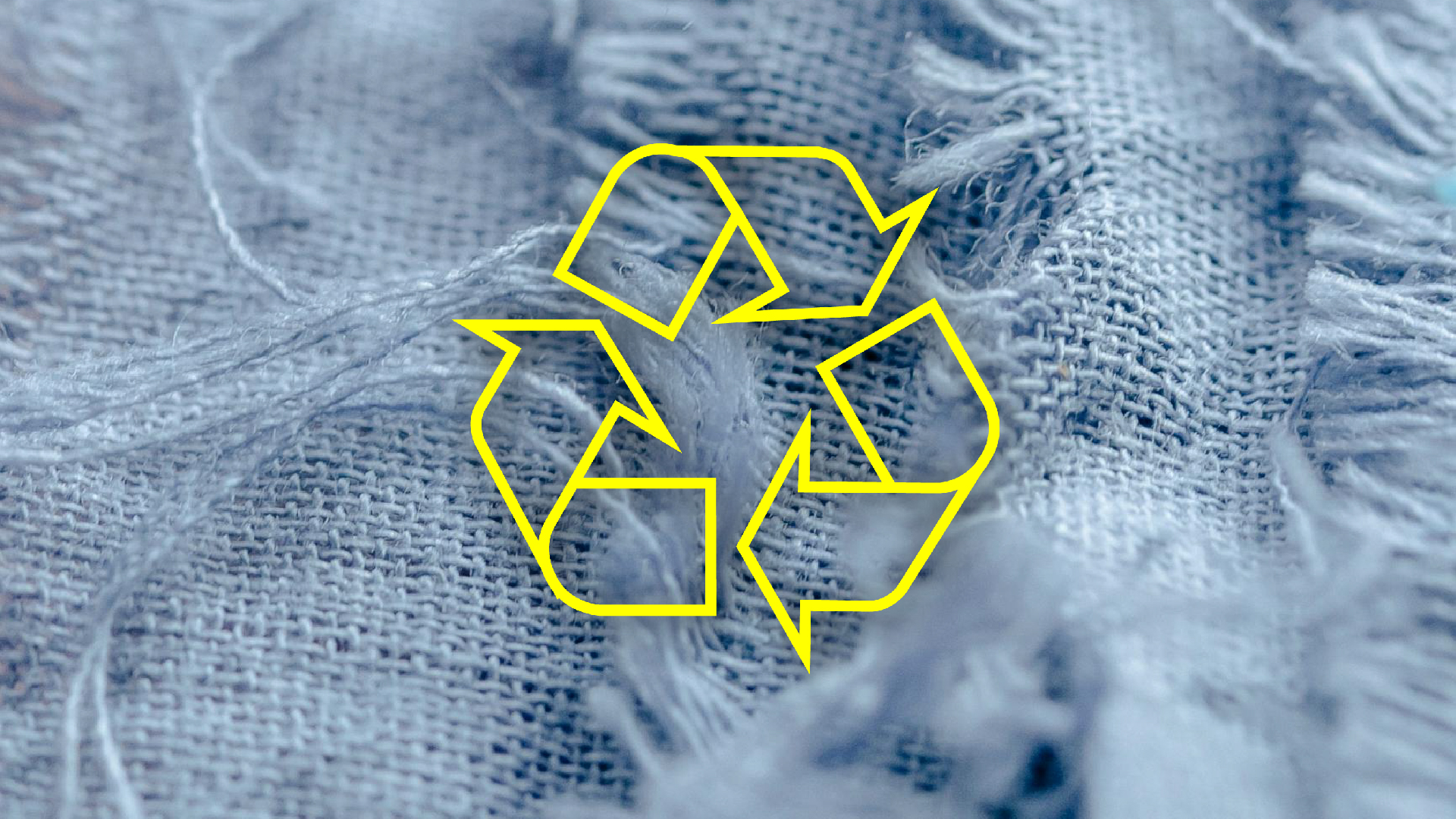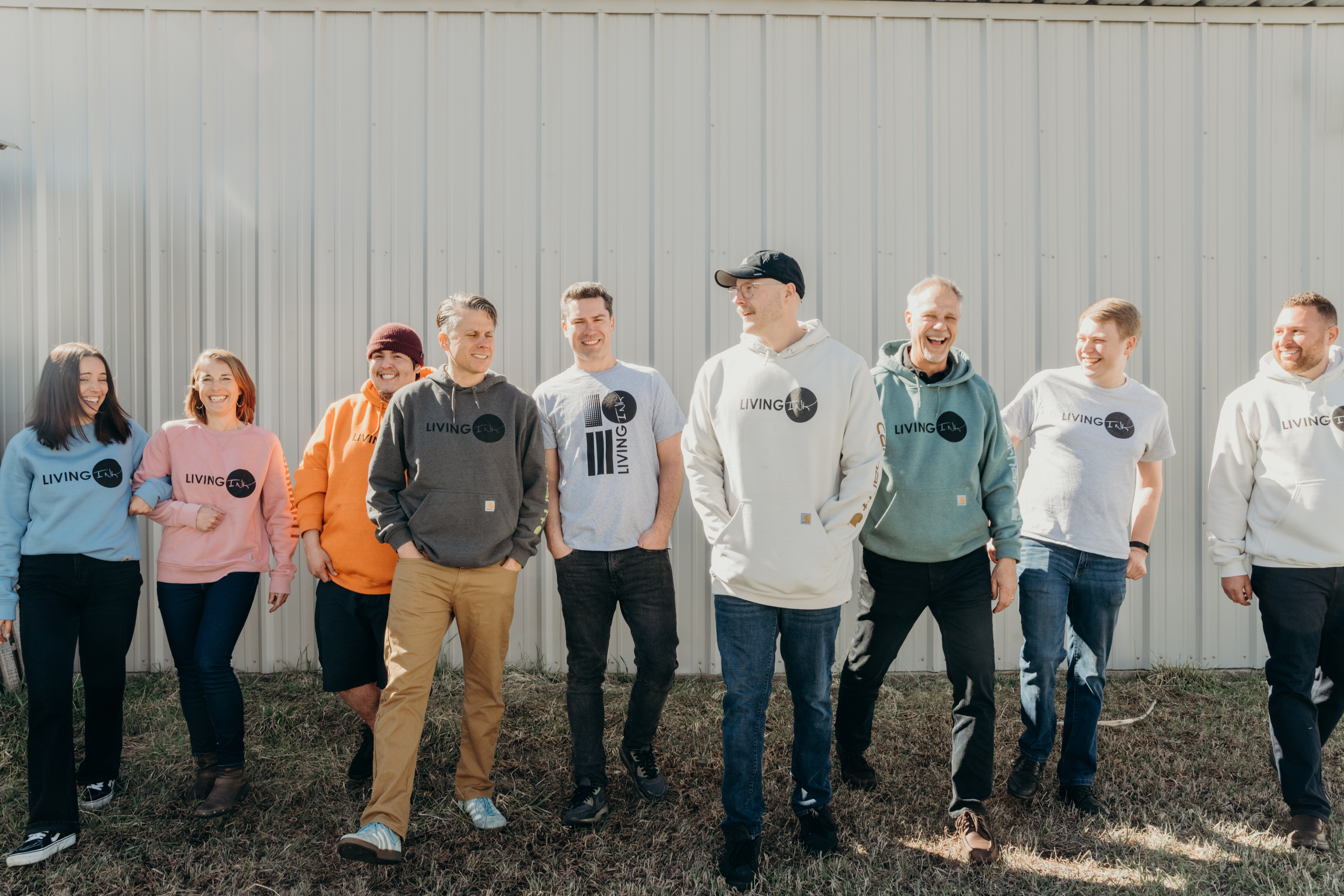Meet the Innovator: Trove
Image by Polina Tankilevitch via Pexels
4 September 2023
Through our global Innovation Platform, Fashion for Good supports critical innovations on their journey to scale, providing hands-on project management, access to funding and expertise, and collaborations with brands and manufacturers to accelerate implementation in the fashion supply chain. In this series, we are proud to introduce some of the groundbreaking innovators who are driving the change to make fashion a force for good.
Currently, a large percentage of textiles end up in landfills or are incinerated, rather than being recycled or reused. Trove’s technology offers a solution to this problem by allowing brands to take control of their resale marketplaces and extending the life of millions of products.
Trove provides white-label technology and end-to-end operations that power circular shopping for premium and luxury brands. The innovator enables brands to take back items from customers’ closets while maintaining control of their brand equity and owning their customer experience, data and relationships.
KEY MILESTONES
-
2012
Yerdle is launched as a C2C (consumer-to-consumer) marketplace.
-
2016
Yerdle pivots to become a whitelabel recommerce solution for brands, founded as Trove.
Trove is certified B Corporation.
-
2017
Trove partners with Patagonia, Elieen Fisher and REI, as the first three brands to have branded resale.
-
2018
Trove joins Fashion for Good for bespoke support on their roadmap to scale.
-
2021
Trove raises $77.5 million.
-
2022
Trove brand partners hit 700+ stores nationwide with in-store trade-in.
-
2023
Trove releases the 2023 Brand Resale Index.
Trove secures $30M in funding.
IMPACT
Trove accelerates the shift to a sustainable future by helping brands establish their own resale program to extend the lifespan of millions of products. Through their Recommerce Operating System, partners benefit from increased revenue, customer loyalty, new customer acquisition, and boosted storefront and website traffic. Collectively among their partners, over 2 million kgs of CO2e and over 200,000 kgs of waste was diverted away from landfills last year.
COMMERCIAL IMPLEMENTATIONS
-
August 2017
Trove partners with Patagonia to launch Worn Wear Recommerce.
-
May 2017
Trove partners with Elieen Fisher to launch Renew Recommerce.
-
October 2017
Trove partners with REI to launch Re/Supply Recommerce.
-
June 2019
Trove partners with Arc’teryx to launch Recommerce.
-
January 2020
Trove partners with Nordstron to launch NYC in-store trade-in pilot.
-
October 2020
Trove partners with Levi’s to launch Levi’s Secondhand Recommerce.
-
May 2021
Trove partners with Lululemon to lunch in-store trade-in pilot.
-
June 2021
Trove partners with Cotopaxi to lunch Recommerce.
-
June 2021
Trove partners with NEMO to launch Recommerce.
-
February 2022
Trove partners with Allbirds to launch Recommerce.
-
April 2022
Trove partners with Lululemon to launch national in-store trade-in roll out to 400+ stores.
-
May 2022
Trove partners with Elieen Fisher to reuse Calculator Pilot.
-
June 2022
Trove partners with REI to launch in-store trade-in roll out to 170+ stores.
-
September 2022
Trove partners with On to lunch Recommerce.
-
January 2023
Trove partners with Canada Goose to lunch Recommerce.
-
February 2023
Trove partners with Carhartt to launch Recommerce.
Other Articles

In conversation with Smartex: Explore Smartex’s AI-driven solutions transforming quality control and reducing waste

Fashion for Good and Textile Exchange Team Up to Trace Textile Waste

